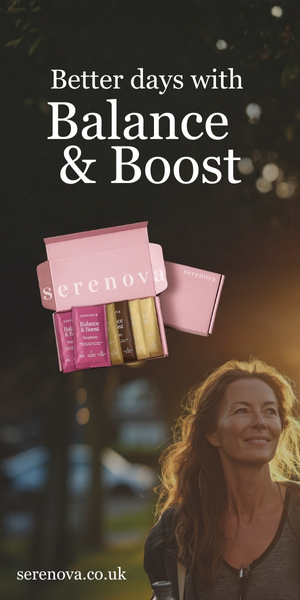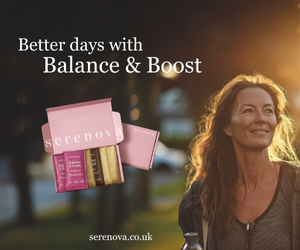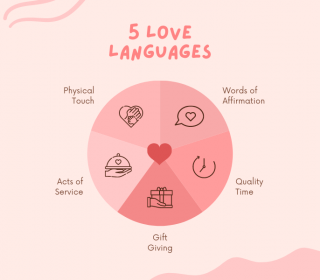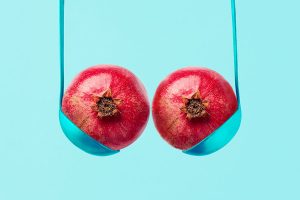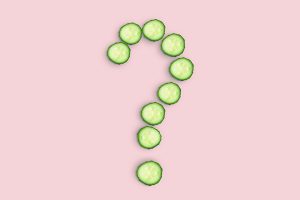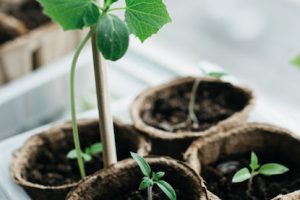Your comprehensive guide to using less plastic
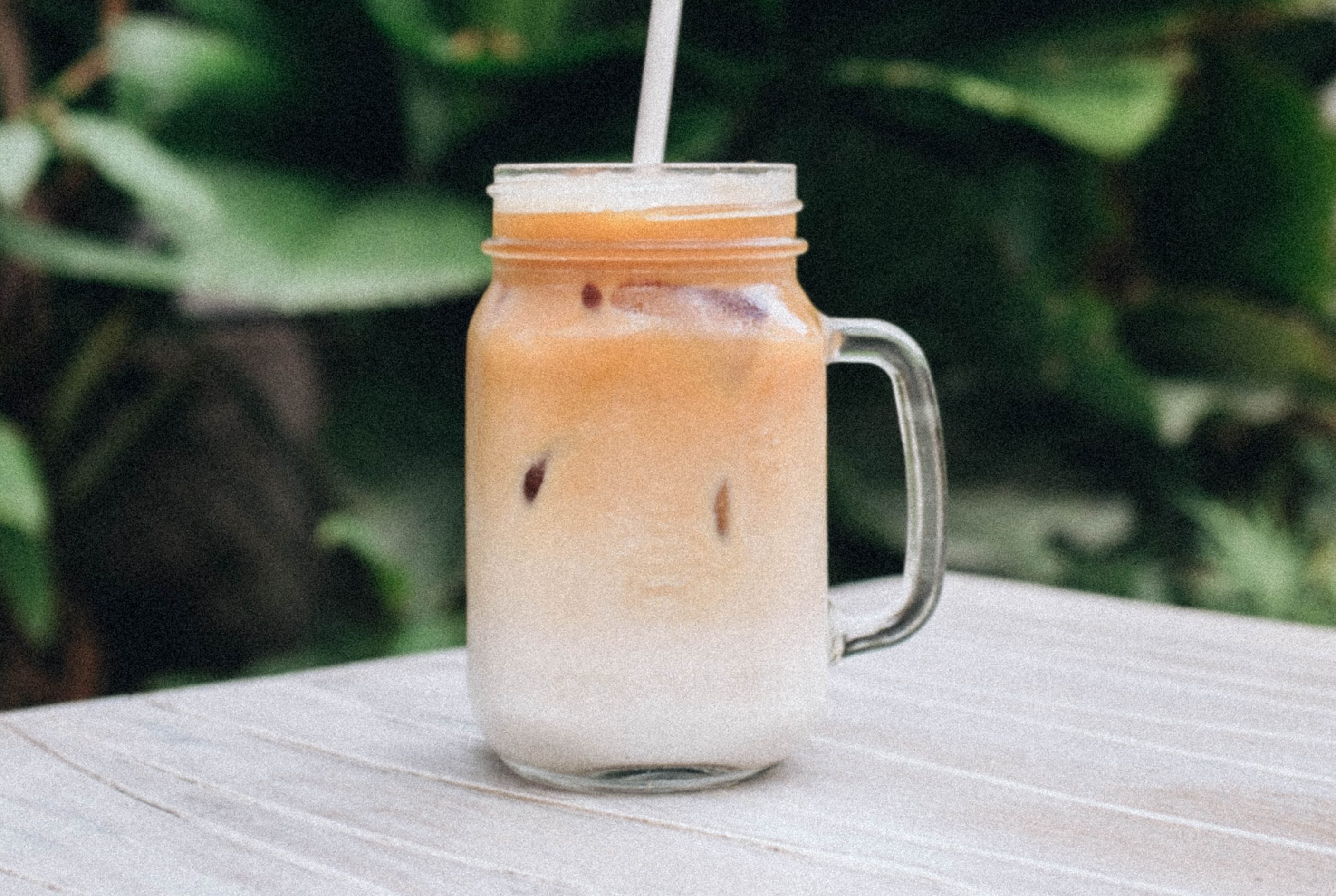
Where are we at with plastic? It’s still killing the coral reef, with the 89% contaminated with plastic suffering disease compared to only 4% without, but more stores (shout out to Neal’s Yard and Sadiq Khan’s water fountain initiative) are offering free water bottle refills. The coffee cup levy is being discussed in parliament and is slowly rolling out across cafes (big yes to Pret which offers 50p off, making a soy milk flat white under £2), but last year the House Of Commons used a million disposable coffee cups and lids. The 5p plastic bag fee is standard but still an estimated 4.5 billion are given away by supermarkets a year, killing thousands of animals. Keeping track of the news is a bit of a rollercoaster and for every high, there’s a serious low.
We could and should all do more — even those of us with the plastic-free basics (e.g. bottle, cup, bag) — as the stats are not looking good. The percentage of plastic litter is still on the rise and, with over 75% of consumer waste sent to landfill and it taking up to 500 years to decompose, every ill-prepped-for shopping trip or coffee order has its eco-unfriendly consequences.
So, how can you cut back?
1. Water bottles: It seems pretty obvious, but carrying a reusable bottle will save you over £10 a week and, with 38.5 million single-use plastic bottles used in the UK every day and only 57% recycled, that’s a no-brainer start.
2. Coffee cups: Yep, cups too. Now you can get money off your daily coffee and BONUS you won’t be contributing to the 7 million disposable coffee cups we use every day (…that’s 2.5 billion every year).
3. Reusable bags: Another no-brainer. If you’re a serial forgetter, buy a foldaway bag that you can have on you all the time. As well as no tourniquet-style handles, the fabric ones look far better and carry a surprising amount. And the main thing is not to feel silly rejecting bags — you don’t need one for the milk you buy at the newsagent, so don’t accept it just because it’s free.
4. Condiments: Sachets and stuff don’t seem like a big deal, but they’re so unnecessary. If you’re a sushi luncher, just buy a bottle of soy sauce and keep it in your desk draw. Same goes for takeaways.
5. Reuse takeaway cartons: Don’t just chuck them, use them to take in your office lunches. And, go one step further by taking them to your takeaway so they can put your next order straight into them.
6. Straws: Bars are cutting back on putting them in drinks without them being specifically requested, but just always say no. Or, if you’re looking after your teeth, carry a bamboo, steel or glass straw in your bag. Remember the time that two plastic straws was standard in a cocktail? That’s stupid.
7. Tea bags: It’s just come to the public’s attention that the fabric bags we thought were composting their way back in to the world in fact contained plastic. Though more brands are bowing to pressure to come up with 100% recyclable bags, it’s currently still important to check.
8. Toothbrushes: Though bamboo toothbrushes seem a little extreme, with one person using over 150 toothbrushes in their lifetime, it’s a classic case of unnecessary plastic waste.
9. Pencils: Again, seem pretty old school but unless you fill up your biro, ballpoint or fountain pen, the casings are just being chucked.
10. Soap: Shower gels are considered the norm nowadays, but what’s wrong with a simple soap? They’re cheaper, last longer and don’t require any packaging. Go even more green with shampoo and conditioner bars, and solid in-shower moisturisers.
11. Food protectors: Not only is cling film bad for the environment, studies have it’s bad for humans too. Swap it for reusable containers or wax wraps.
12. Kitchen accessories: Instead of those ugly plastic boards and utensils, go for bamboo. It wins on both minimal cool and eco levels.
13. Lunch boxes: Buying your weekday lunches out is not only sillily pricey (£10 + a day, 5 days a week… You do the math) but it involves a lot of packaging. Cut back by making more than you need for dinner and taking it to work — in preferably ceramic or glass containers — the next day.
14. Chewing gum: While mints disintegrate, the rubber in chewing gum makes it stick around. For ages.
15. Cleaning products: Quite often there’s a choice to make between boxes and bottles, like laundry powder vs detergent. Opt for the cardboard packaging, buy refillable brands or even make your own.
16. Matches: It’s another fairly old school switch, but choosing matches over lighters is more eco-friendly, cheaper, safer using it .
17. Fruit and veg: It’s not always possible but, where it is, try and steer clear of packaged produce. If there are loose courgettes or a pack of three, opting for the latter is an easy switch and is usually cheaper.
18. Pegs, shower curtains, bins… The list of things you can switch to biodegradable alternatives goes on.
Don’t fret if all of this sounds way too much. Target one thing at a time and try to give it up — start with coffee cups or plastic bags and commit yourself not to using them. It may see you going without a hot drink in the morning or carrying an inconvenient amount of stuff in your arms, but you’ll soon start remembering.



